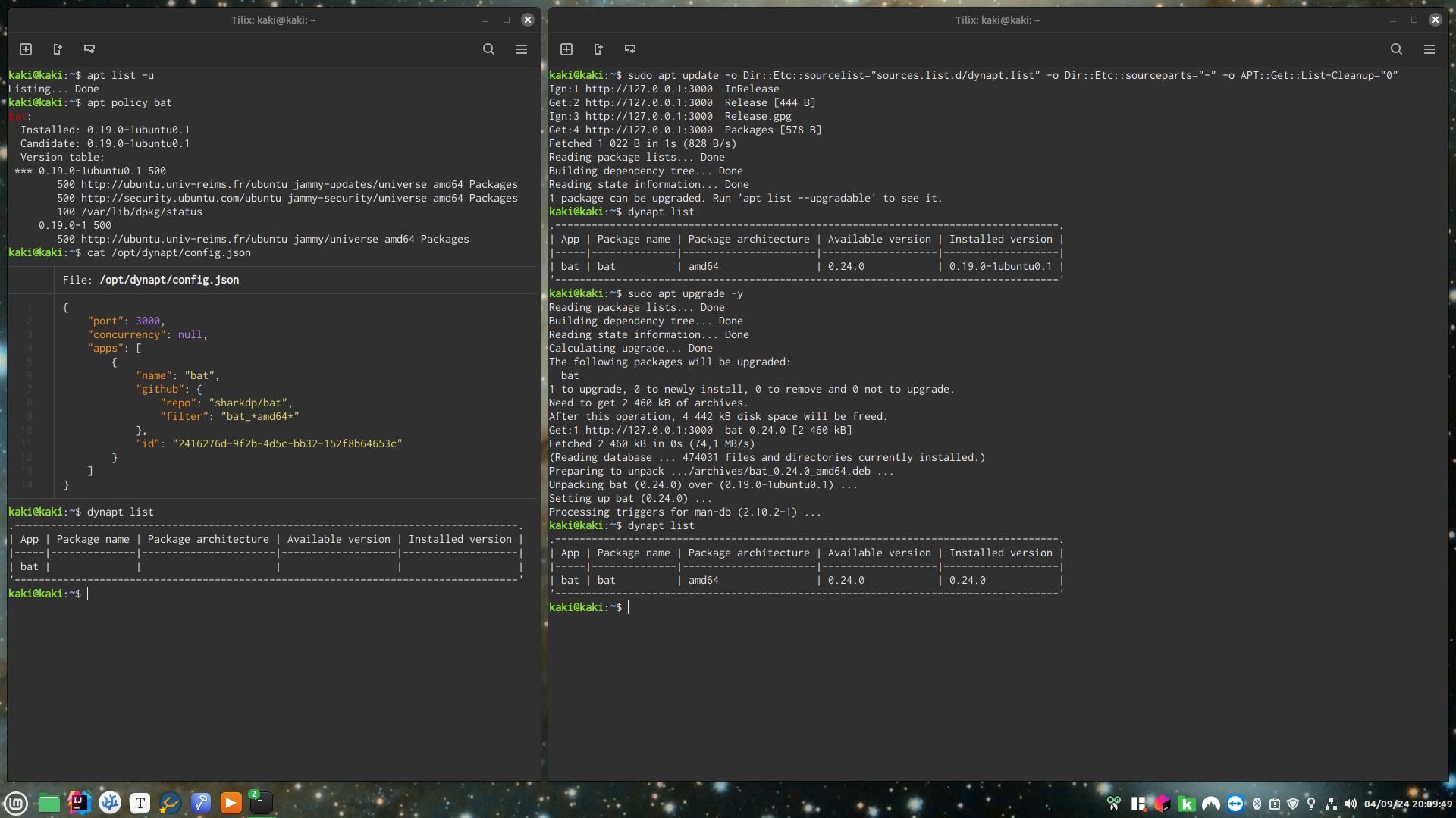202
you are viewing a single comment's thread
view the rest of the comments
view the rest of the comments
this post was submitted on 06 Sep 2024
202 points (99.5% liked)
Linux
47919 readers
1379 users here now
From Wikipedia, the free encyclopedia
Linux is a family of open source Unix-like operating systems based on the Linux kernel, an operating system kernel first released on September 17, 1991 by Linus Torvalds. Linux is typically packaged in a Linux distribution (or distro for short).
Distributions include the Linux kernel and supporting system software and libraries, many of which are provided by the GNU Project. Many Linux distributions use the word "Linux" in their name, but the Free Software Foundation uses the name GNU/Linux to emphasize the importance of GNU software, causing some controversy.
Rules
- Posts must be relevant to operating systems running the Linux kernel. GNU/Linux or otherwise.
- No misinformation
- No NSFW content
- No hate speech, bigotry, etc
Related Communities
Community icon by Alpár-Etele Méder, licensed under CC BY 3.0
founded 5 years ago
MODERATORS

Willing to give this a go. My go-to for getting non-repo debs automatically has been deb-get which works well but seems susceptible to issues when changes in the software it lists causes it to break and whilst the fix itself is usually made pretty quickly, it seems to go long periods of time between PR merges and releases (which includes adding new software). If this is a viable replacement for it then i'd love to start using it.
Alright, don't hesitate to ask questions if you have any and request help if you need any
Yes, I mentioned it in the Differences with deb-get & AM section of my tutorial.
Yeah, I could reiterate in that section that my app allows the user to add apps themselves.